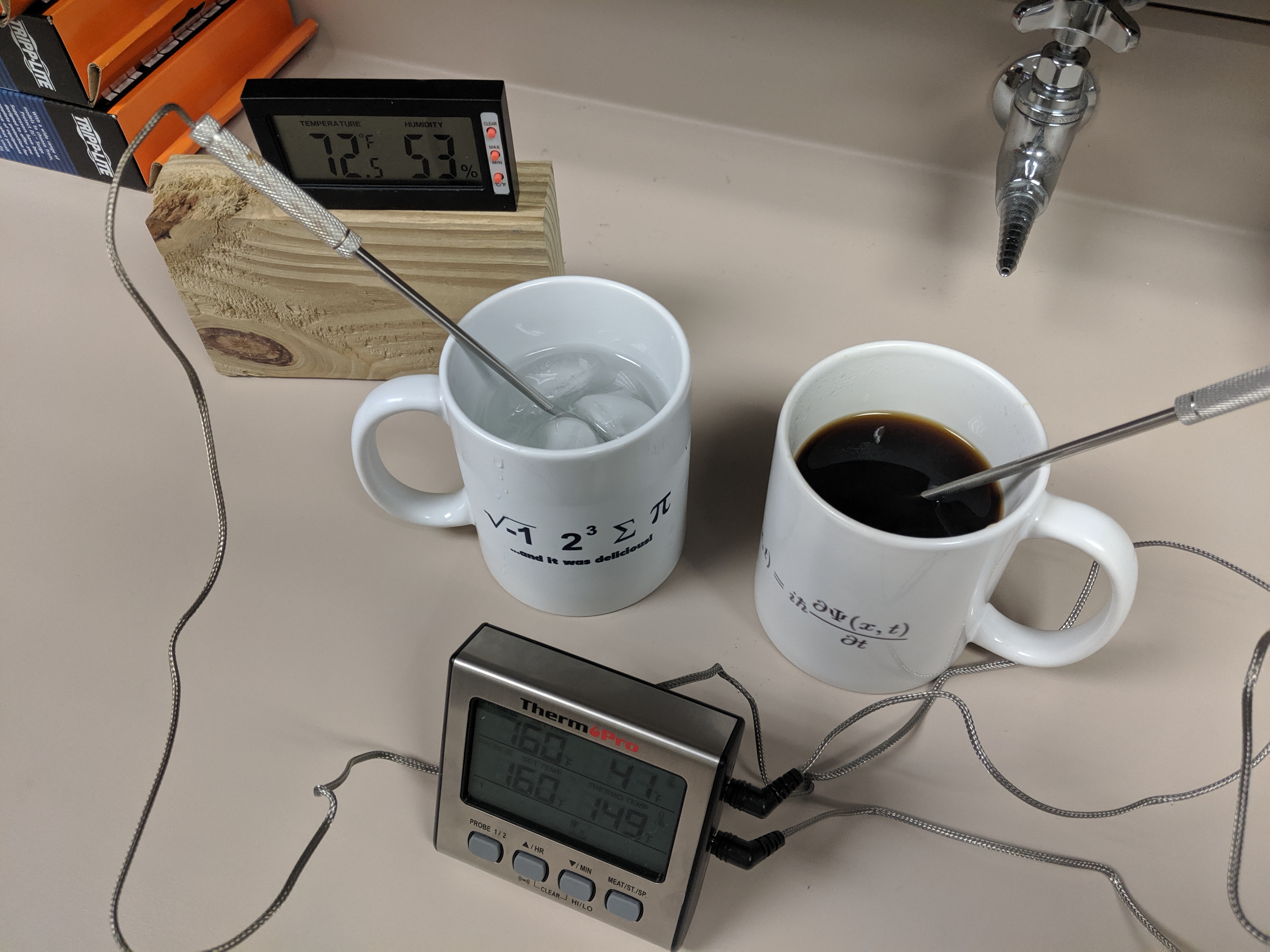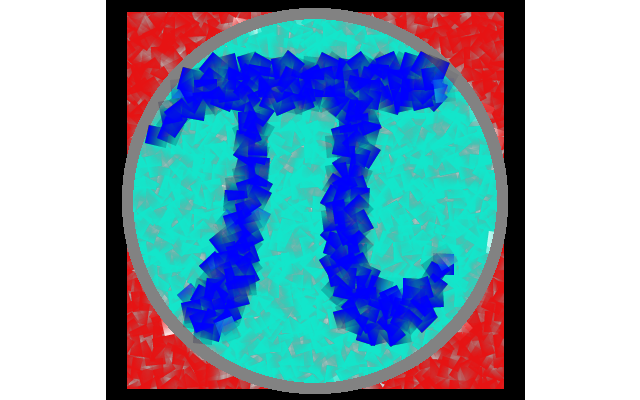PCSD is the feeling of accomplishment after a collaboration meeting, accompanied by the tremendous stress of knowing you just got 50 new things to do. I can only imagine what this must be like for a larger experiment, and oddly enough my observations of smaller experiments suggests this effect plateaus, but never ever EVER drops to zero. In fact, I’d say it remains pretty damn far from zero – there’s always something to do.
Much of the next year will be spent in intense analysis, in my own case working with many others to make sure the fruit of the Upsilons is properly picked. It’s doing to be a long, hard slog – but that’s what we wanted from this unique dataset.
One of the things that I really noticed at this collaboration meeting is that there is still momentum in making improvements. I’ve never experienced this fully an experiment in its post-data-taking period. I was just a summer student at LEP, and not there when they actually shut down. For me, this is a new experience. It was heartening in the past winter when so many new faces appeared at the BaBar Analysis School [1]. It was just as heartening to see a thousand modest improvements to the data quality, the reconstruction, and many other aspects of BaBar analysis come together at this meeting to paint a picture of opportunity for many physics analyses going forward. One thing I particularly liked was the stress on how computing, and all the things associated with it, are really central to our analysis effort. We depend on them, and they depend on us for physics feedback when any changes are made.
Early on, all collaborations are difficult. It’s a trust-building exercise, but there’s no retreat to a camp, no weekend in some hotel where you spend hours doing lame group exercises to learn to get along. There’s a detector, that has to come together on time and on budget. There’s an accelerator, that has to circulate billions of positrons and electrons for hours at a time, 7 days a week, 24 hours a day. There’s data, and data quality, analysis, credit, publications, reviews, a thousand meetings. And you all learn to do it together, all at once, no weekend retreats. You make it work together, or you all fail.
Now we are in no less a critical period. We have the responsibility of a tremendous data set. It may not grow because we are collecting it, but it grows in richness as we refine it, improve it, understand it. We all have to work just as hard to reap, as hard as we did to sow.
[1] http://steve.cooleysekula.net/blog/2008/02/17/pant-pant/



